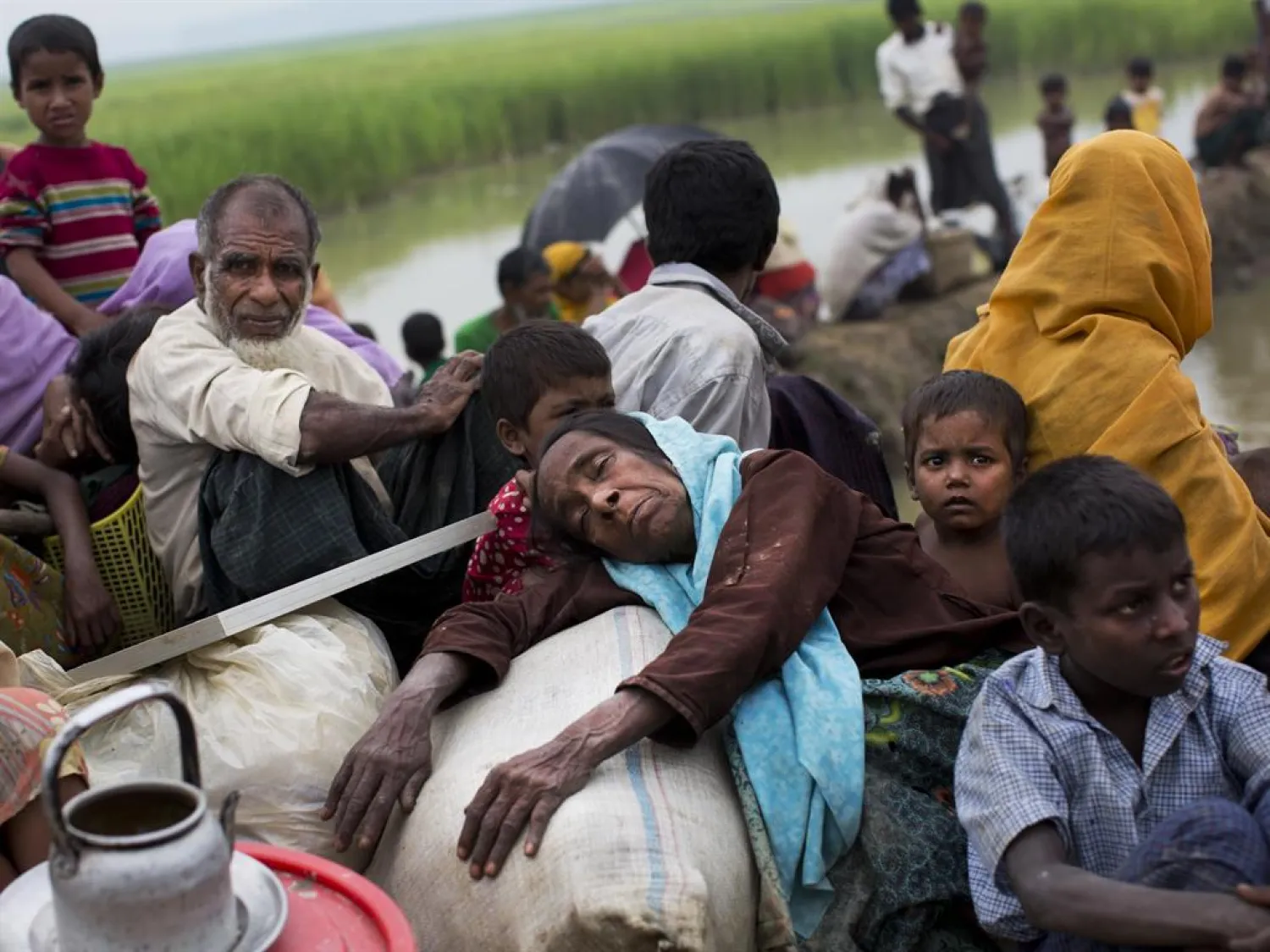Bangladesh and Myanmar have agreed to take assistance from the UN refugee agency for the repatriation of hundreds of thousands of Rohingya Muslims, Bangladesh Foreign Minister Abul Hassan Mahmood Ali said on Saturday.
More than 600,000 Rohingya sought sanctuary in Bangladesh after Myanmar's military launched a brutal attack on their villages in Rakhine State on Aug. 25.
The governments Bangladesh and Myanmar signed a pact on Thursday settling the terms for the repatriation process, and the return of the Rohingya to Myanmar is expected to start in two months.
Uncertainty over whether the United Nations High Commissioner for Refugees (UNHCR) would have a role had prompted rights groups to insist that outside monitors were needed to safeguard the Rohingya's return.
"At present, conditions in Myanmar's Rakhine State are not in place to enable safe and sustainable returns," UNHCR said Friday.
But Ali told a news conference on Saturday that “the signing of the deal is a first step. The two countries will now have to work on more steps.”
"Both countries agreed to take assistance from the UNHCR in the Rohingya repatriation process," he said. "Myanmar will take its assistance as per their requirement."
A joint working group of the three parties will be formed within three weeks and the group will fix the final terms to start the repatriation process, said Ali.
"Our priority is to ensure their safe return to their homeland with honor," the minister said.
After repatriation, Rohingya will be kept at temporary shelters or camps near to their abandoned homes, he said.
"Homes have been burnt to the ground in Rakhine, that need to be rebuilt. We have proposed Myanmar to take help from India and China for building camps for them," the minister said.
The UN and United States have described the military's actions as "ethnic cleansing", and rights groups have accused Myanmar's security forces of atrocities, including mass rape, arson and killings.









